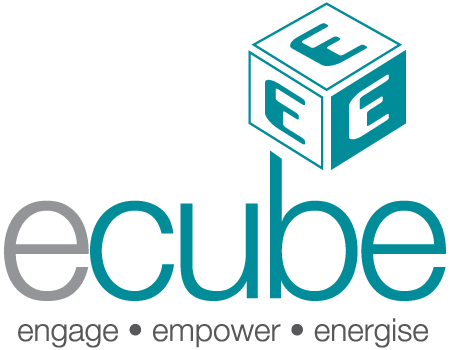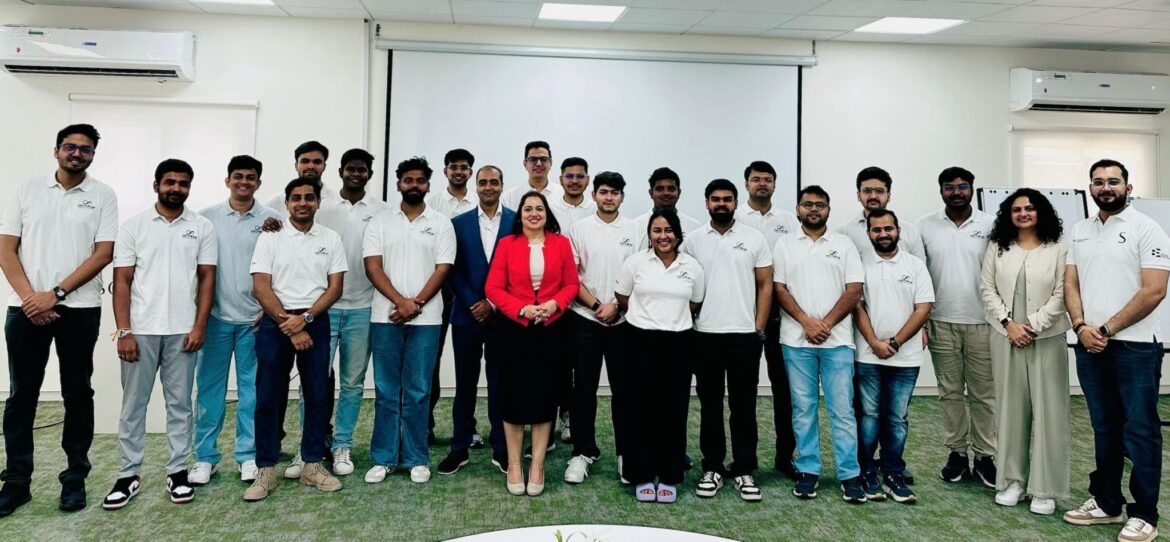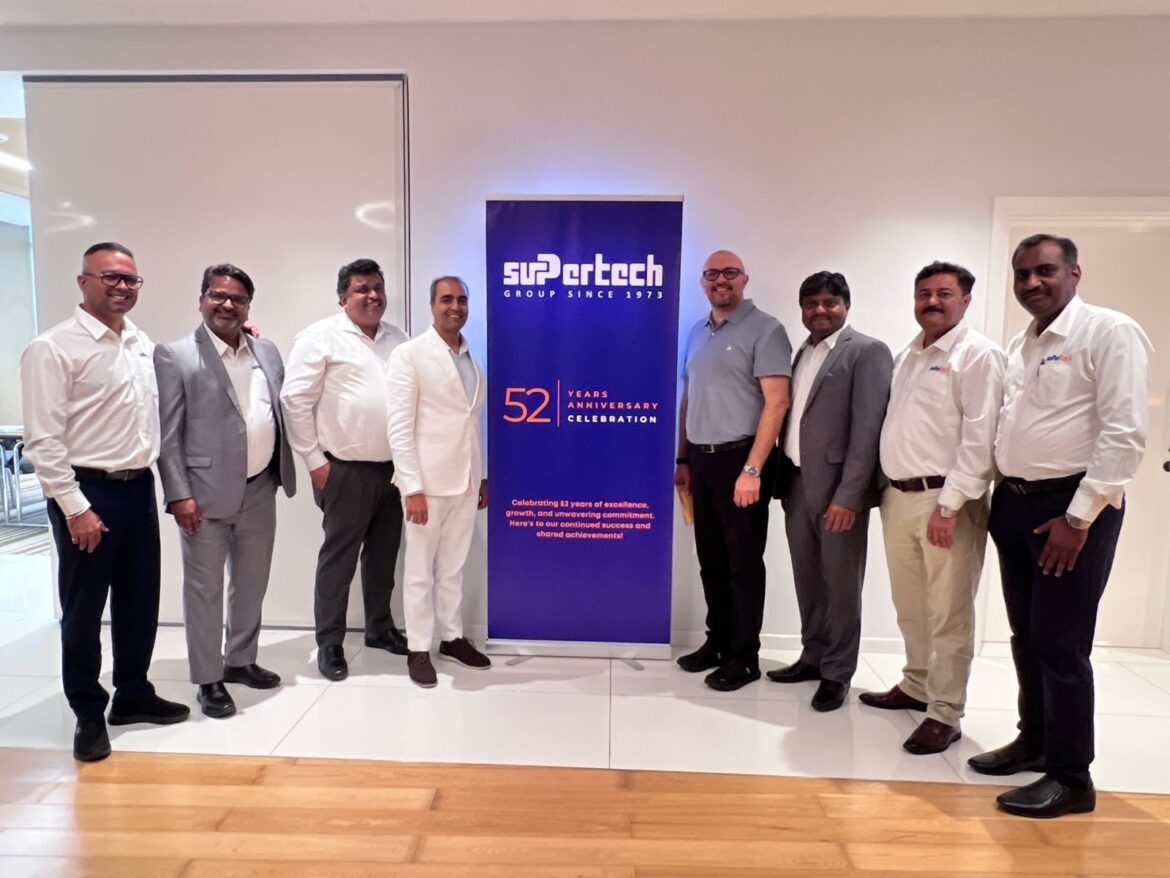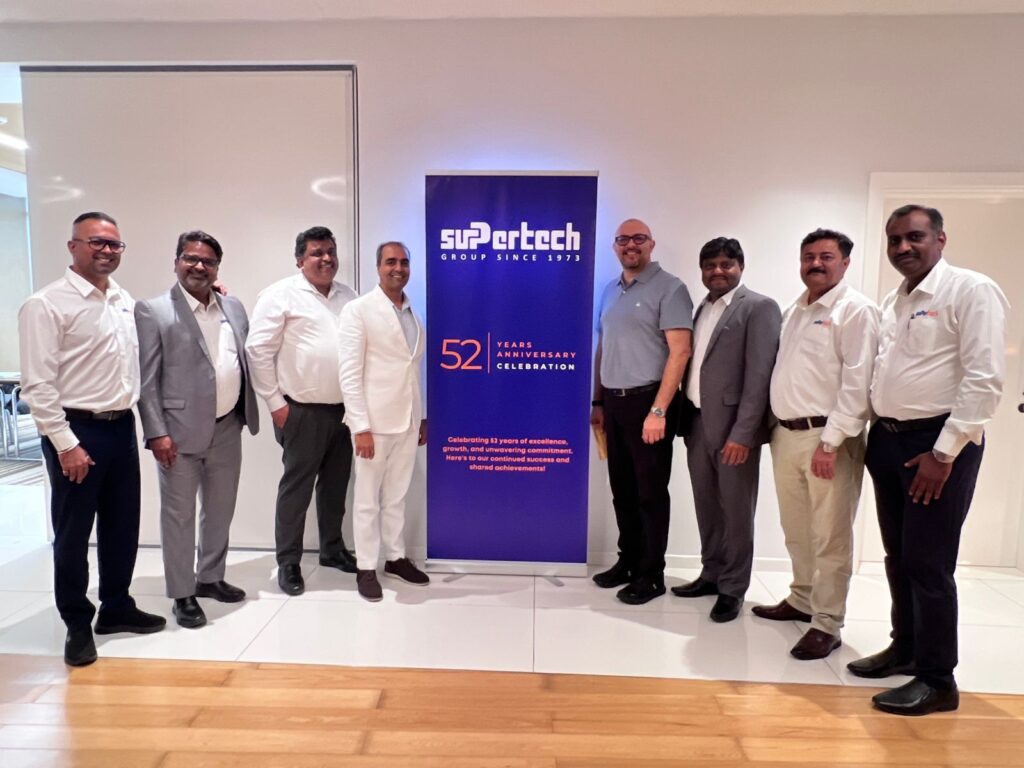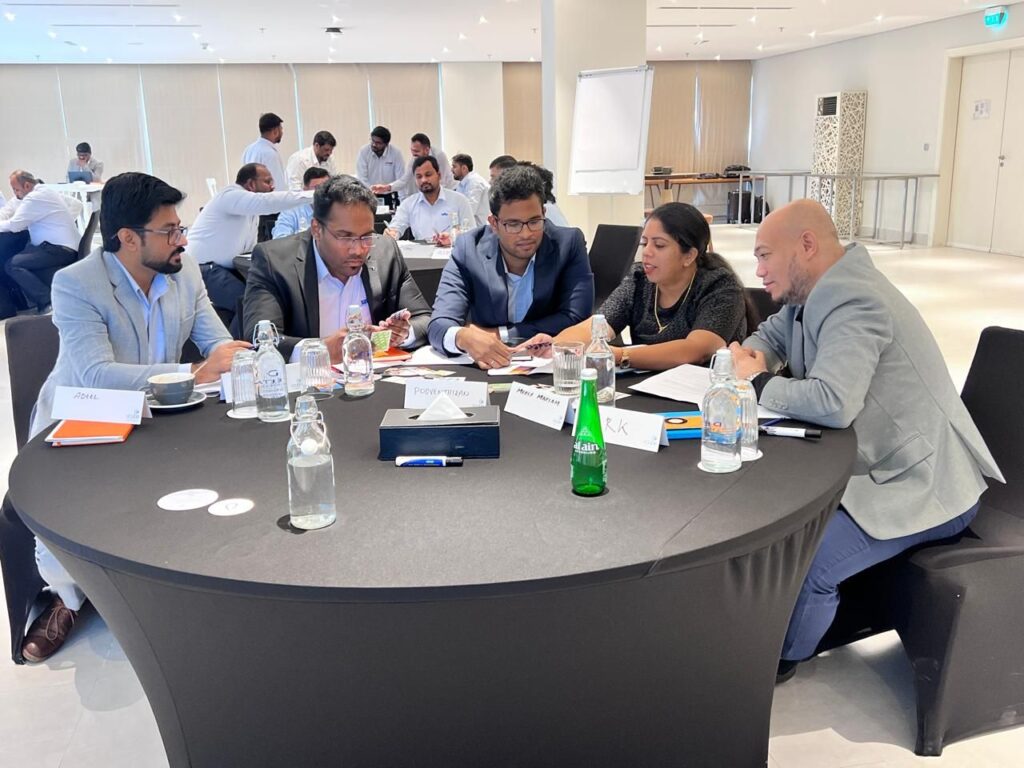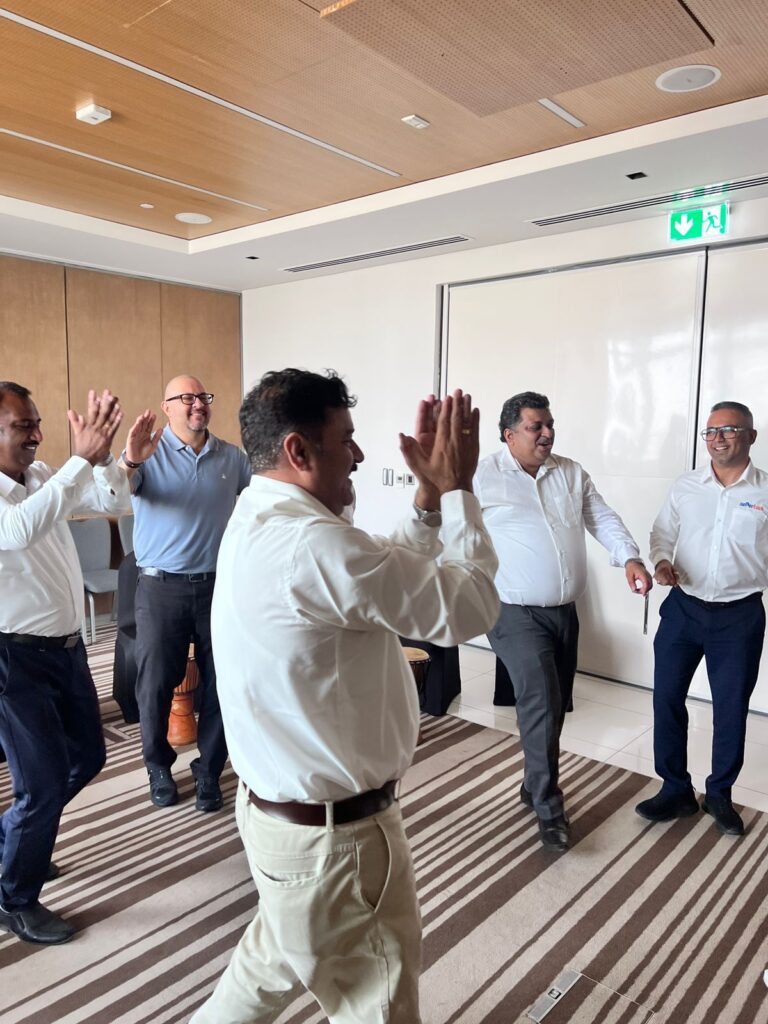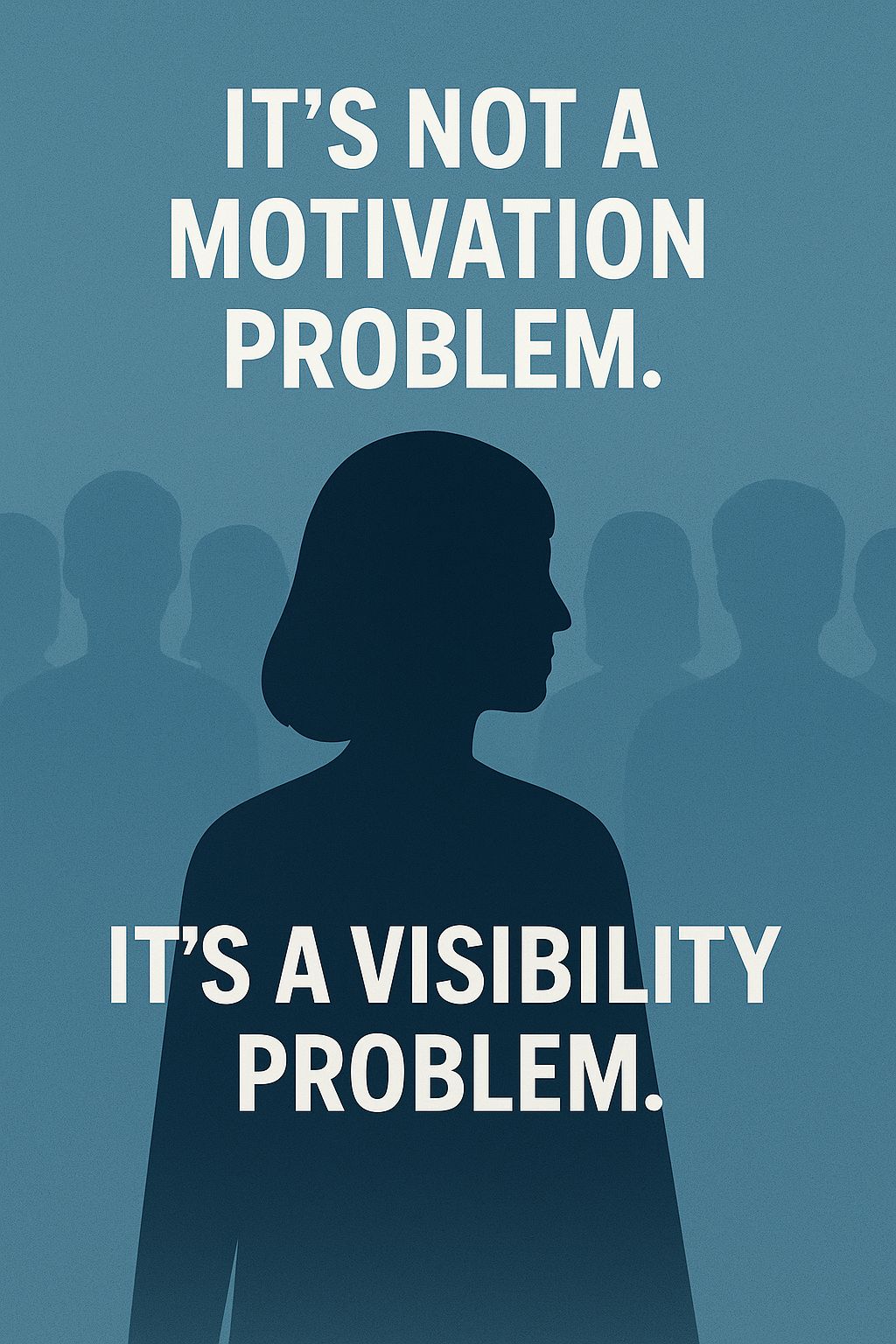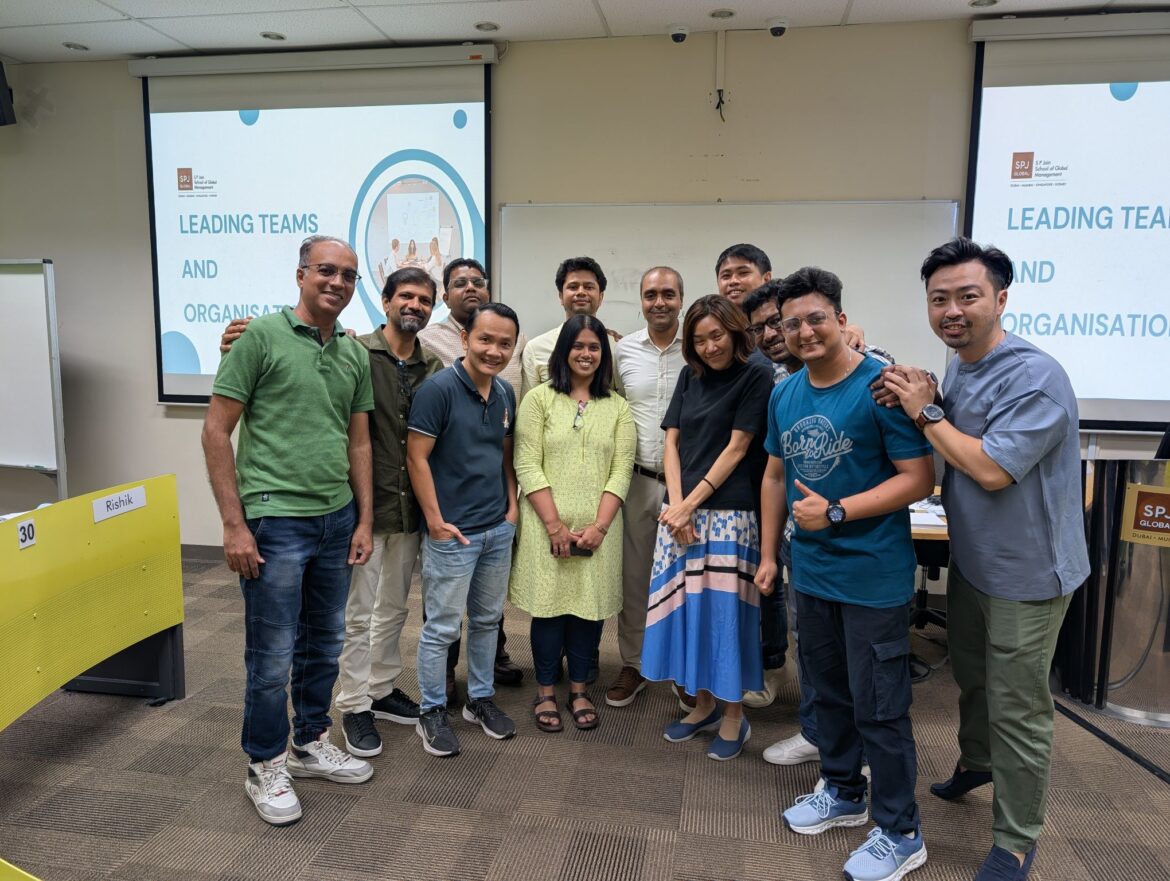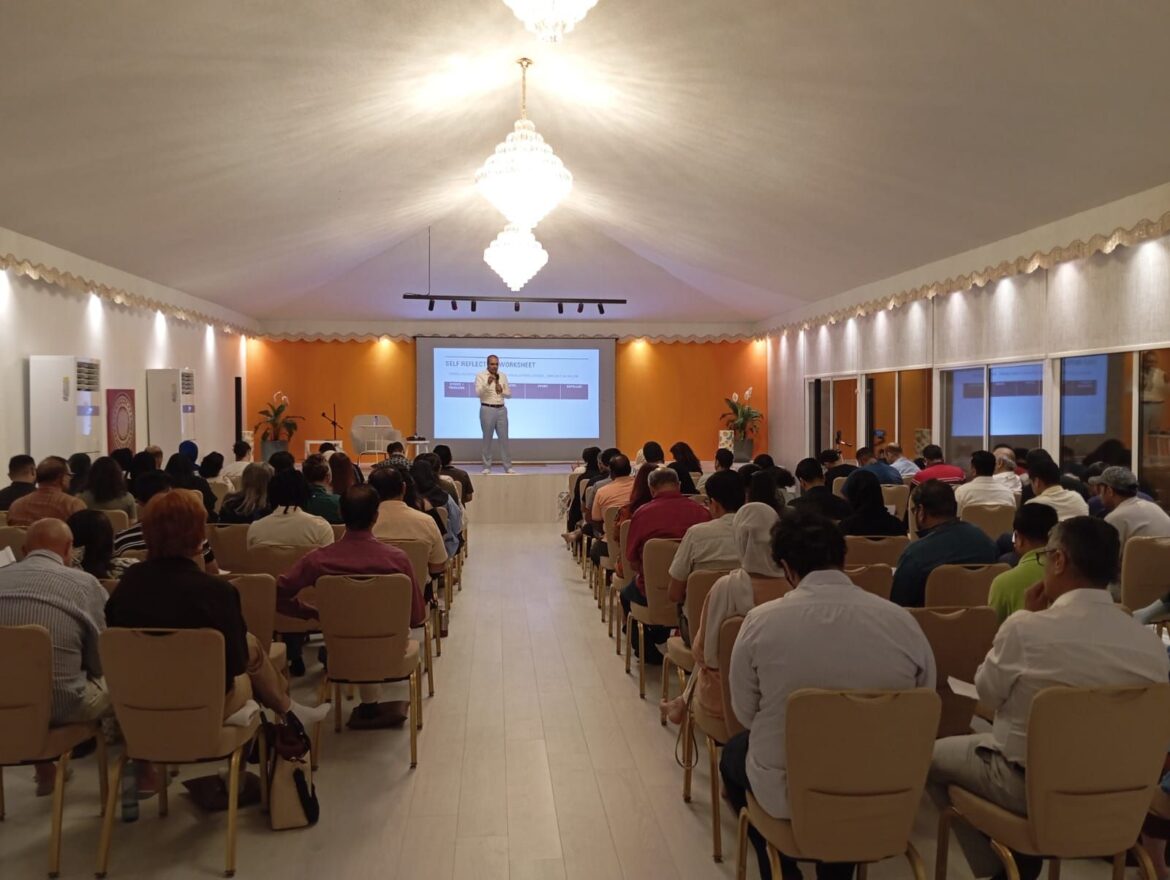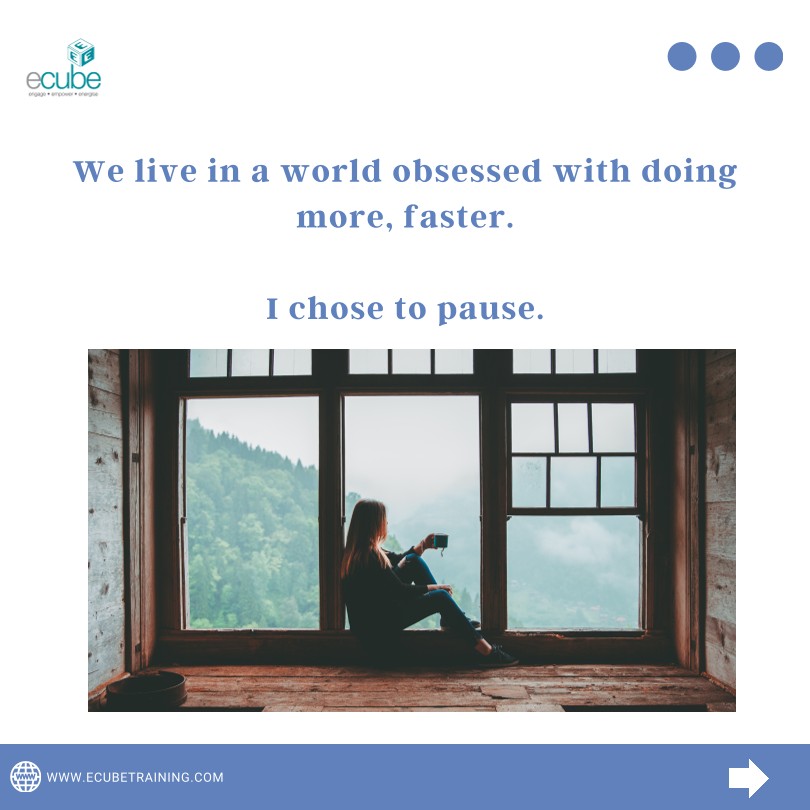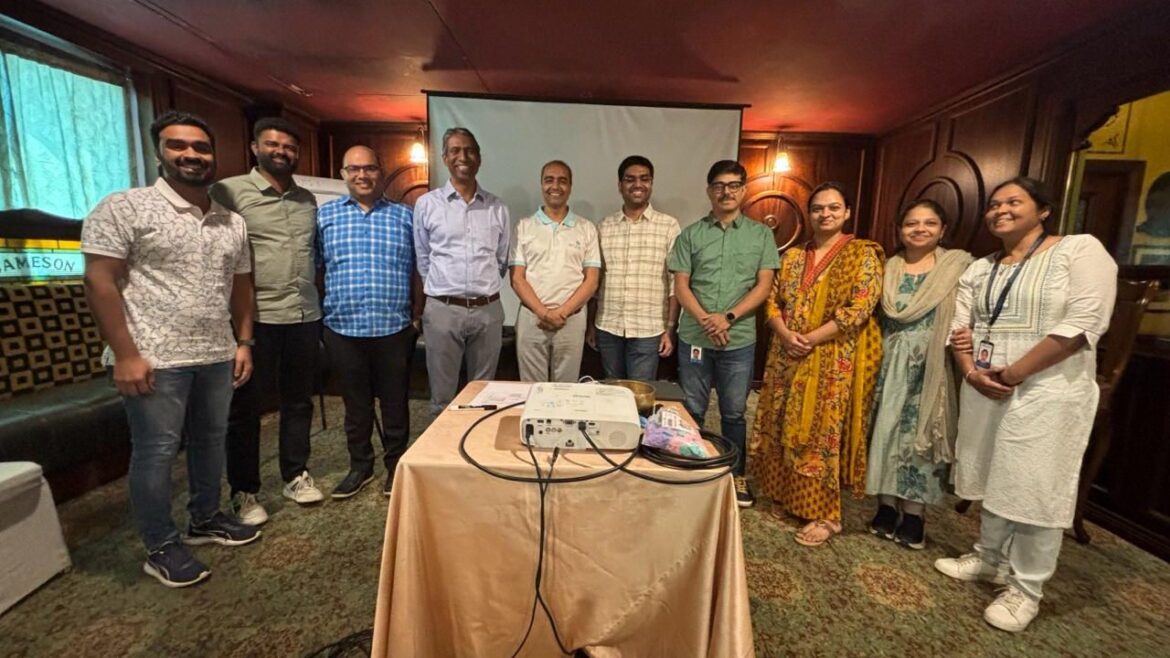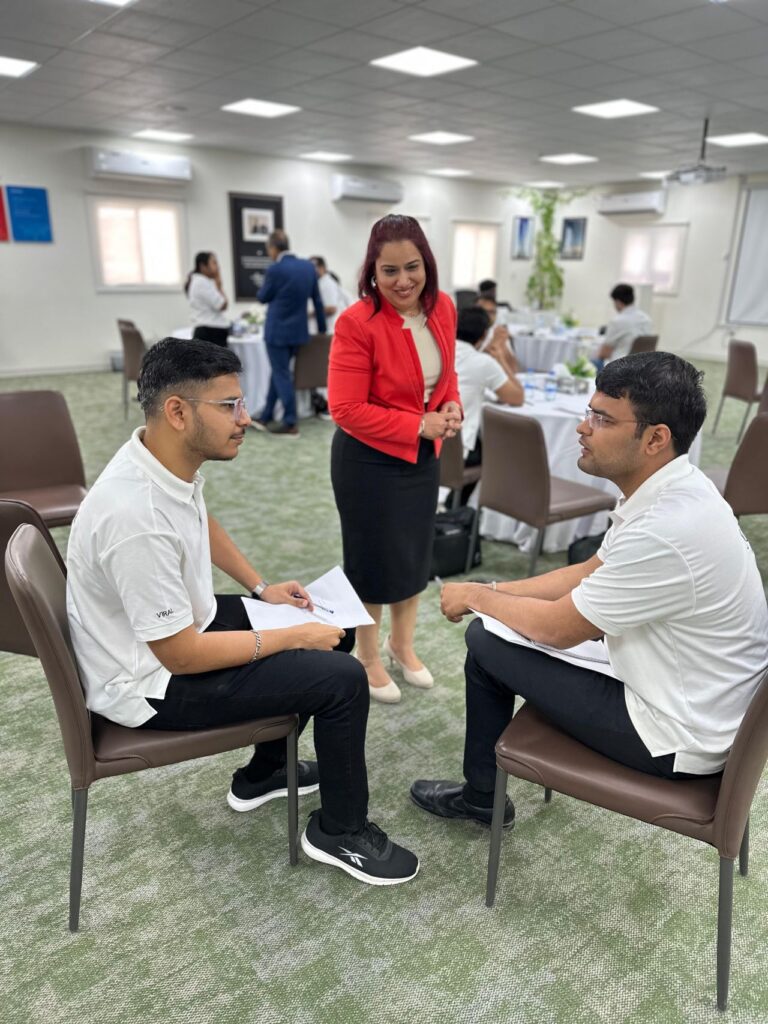
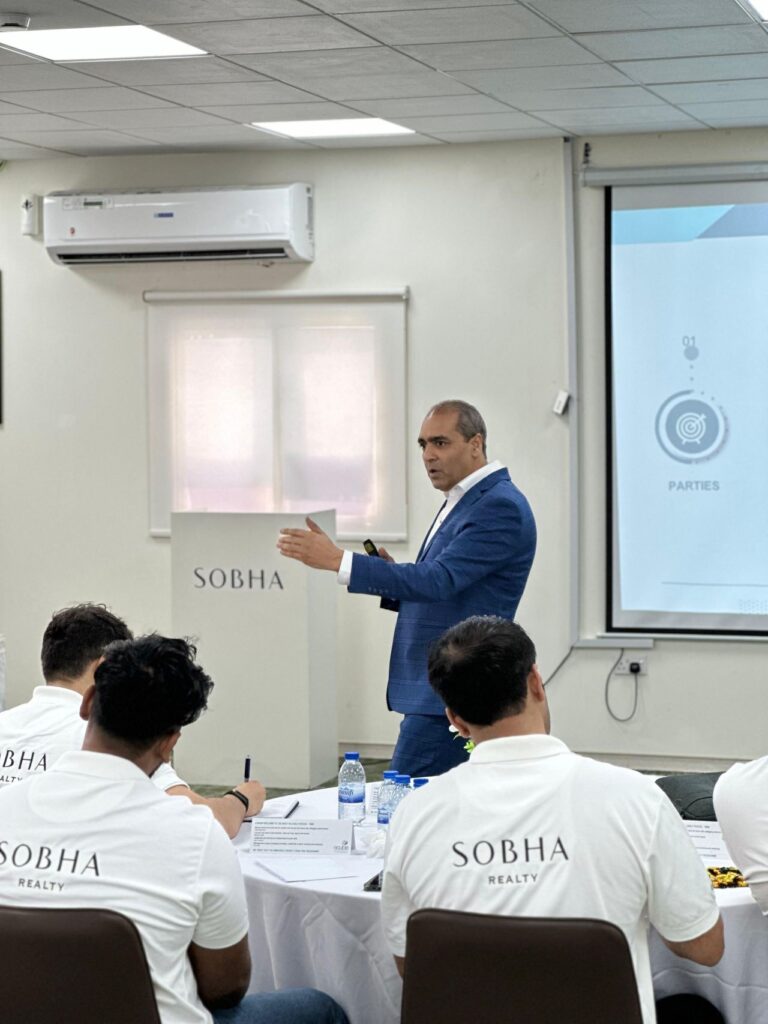
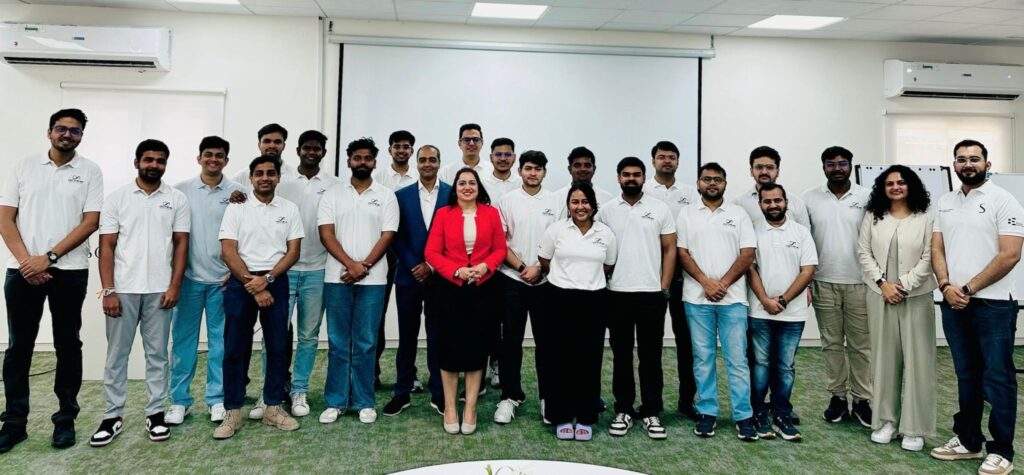
Recently, we had the privilege of working with some of India’s brightest young minds, the Management Trainees at Sobha Realty, handpicked from the country’s top business schools. These future leaders walked into our session on NegotiationSkills with curiosity and a hunger to learn, and what we witnessed over the course of the program was truly inspiring.
Many of them came in believing that negotiations are dictated by power dynamics,
that one party always holds more influence, experience, or authority, leaving the other side helpless.
To them, it was either a buyer’s market or a seller’s market; a win-lose or lose-win situation.
But as the session unfolded, they discovered that power can shift, and that the key lies in preparation. By strengthening their BATNA (Best Alternative to a Negotiated Agreement) and defining a clear walk-away price, they realised they could negotiate with confidence, even when the other side seemed dominant.
The transformation was visible. From leaving too much on the table in their initial practice rounds, they began to think differently. They started looking beyond rigid positions to explore interests and value creation, moving conversations toward winwin solutions.
What stood out was how quickly they embraced the idea that even highly competitive negotiations can be steered towards cooperation and mutual benefit. That mindset shift from “I must win, you must lose” to “we both can win” is the real victory of the program.
For us at EcubeTraining & Consulting, moments like these are what we strive for:
To spark a change in thinking,
To equip people with tools that empower them, and
To see them walk away more confident, capable, and collaborative.
Does your team still believe negotiations are only about winning or losing?
Do they struggle when faced with power imbalances at the table?
If yes, then they need to experience what these bright young leaders did: the power to turn the tables and create win-win outcomes.
Let’s talk about how we can build this skill for your organization.
